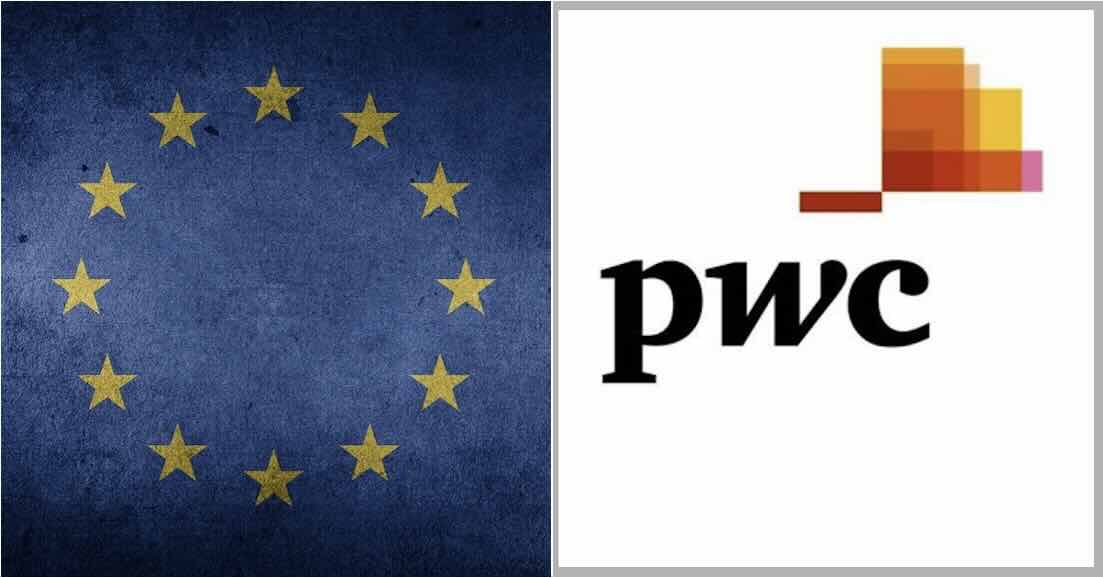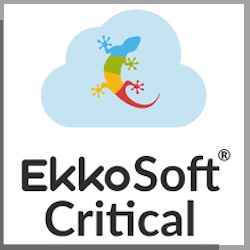The European Union's Corporate Sustainability Reporting Directive (CSRD) requires certain companies to publish various sustainability metrics. Once 2025 arrives, the CSRD mandate will require thousands of additional companies worldwide to share those metrics.
Amid that backdrop, a PwC survey asked companies from Germany, Austria, Switzerland and the Netherlands about the status of their CSRD implementation. Roughly 170 companies participated in the mid-2023 survey. Here are five key takeaways from the resulting research report:
1. Management Focus: Fully 72% of companies surveyed now have a sustainability strategy that is relevant for management, up from 24% in 2021.
2. Who Demands Reliable Sustainability Information?: The top answer is customers (70%), followed by regulatory requirements (55%), image and marketing drivers (53%), investors (48%), banks (45%), other stakeholders (40%) and their employees (35%).
3. Sustainability Reports: 55% of companies produce a sustainability report, and 35% already have their sustainability reporting externally audited.
4. Top CSRD Implementation Challenges: Technical complexity and resource constraints (64%) are the biggest hurdles to sustainability reporting, followed by time pressures (50%), technical requirements and organizational anchoring (49%) were the top issues.
5. Software Options for CSRD Reporting: Microsoft Excel spreadsheets are the most-often mentioned tool for CSRD reporting (27%). However, 53% don't know about specific CSRD software solutions and their differences, and 31% have yet to explore the topic.
Green IT, Sustainability Reporting and Channel Partners
A separate report -- from OpenText and Dimensional Research -- explores how IT departments are addressing sustainability initiatives and net-zero goals.
Meanwhile, it's clear to us that CIOs will increasingly lean on channel partners for sustainable IT assistance.




